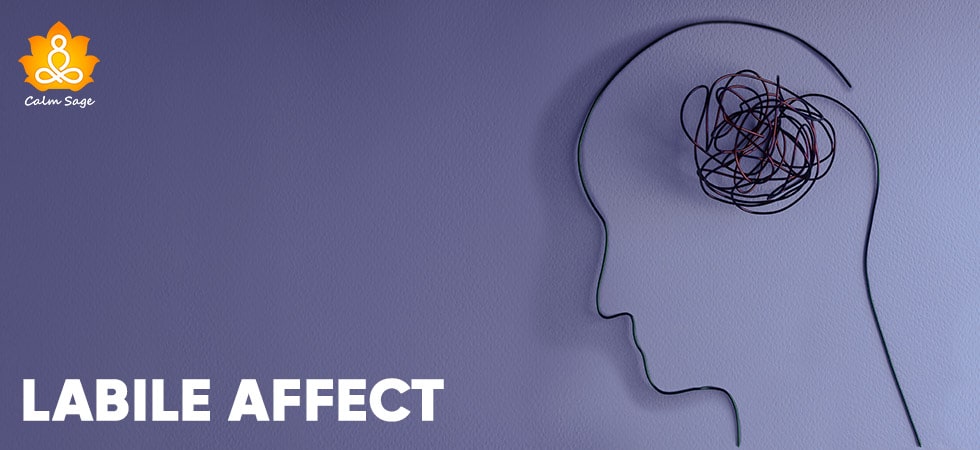Mini-Guide: Oppositional Defiant Disorder (Symptoms, causes, and more)

Oppositional Defiant Disorder (ODD) takes place when vindictiveness, defiance, and anger take place. We all know that even the most well-mannered children can have outbursts of disobedience, anger, or frustration. However, ODD shows a persistent pattern of irritation or anger which are the major signs of Oppositional Defiant Disorder. ODD is a result of anger and defiance that makes ODD a behavioral disorder. Oppositional Defiant Disorder impacts professional and personal life.
ODD can also make someone less productive due to frustration. ODD is mostly observed in school-going children. Apart from this, it is more highly observed in boys than in girls. It does not mean that ODD does not happen in adults. ODD can also occur in adults. Mostly, ODD develops in childhood, when it is undiagnosed in childhood; it can also be seen in adulthood. Let’s see what are the signs and symptoms of ODD in the next section.
Signs and Symptoms of Oppositional Defiant Disorder

For better clarification of signs and symptoms, I have divided signs and symptoms into two major sections, check symptoms accordingly.
Symptoms in adolescents and children
- Frequents tantrums
- Episodes of anger
- Always refuses to perform activities with adults
- Excessive arguing
- Always questioning
- Not following the rules
- Almost annoyed, upset, irritated, or angry with authorities
- Blaming others
- Easily annoyed
- Vindictiveness
Disclaimer: As BetterHelp Affiliate, We may receive compensation from BetterHelp or other sources if you purchase products or services through the links provided on this page.
Symptoms in adults
- feeling angry
- feeling disliked or misunderstood
- strong dislikes for authorities
- rebellious behavior
- not being open towards feedback
- blaming others
Please note: Symptoms of ODD in adults often overlap with substance abuse, antisocial behaviors, and other mental health issues. Therefore, proper diagnosis is really important before concluding anything on your own. Let’s read the causes of Oppositional Defiant Disorder in the next section.
Causes of Oppositional Defiant Disorder (ODD)

Research is still going on to identify the exact cause of ODD. However, there are some theories for identifying the potential causes of ODD. Theories consist of biological, psychological, and environmental factors for the cause of ODD. Such as, families with a history of ADHD are also prone to ODD.
Some theories recommend that ODD develops when children are toddlers because of the behaviors of toddlers. While the researchers also said that the adolescent or child struggles for becoming independent from authority figures and parents. They don’t want to be emotionally attached.
Moreover, there is also a possibility that ODD develops from the reflection of negative reinforcements and learned behaviors that authority figures and parents apply to them. Being said that children learn everything from their parents, be it negative or positive behavior.
Other causes are:
- personality traits
- lack of attachment
- significant stress
- unpredictability in daily life
Treatment for Oppositional Defiant Disorder (ODD)

Treatment for ODD is required as early as the disorder is diagnosed. ODD is linked with the risk of developing depression or substance use. Some of the effective treatment options for ODD are:
Cognitive Behavioral Therapy (CBT)
Cognitive Behavioral Therapy (CBT) helps in improving:
- anger management
- communication
- problem-solving
- impulse control
- identifies possible contributing factors to the disorder
To read about CBT in brief click, Cognitive Behavioral Therapy Guide
Family Therapy
The therapist works with the whole family for the improvement of the child’s behavior. Family therapy also teaches strategies for managing a child or adult with ODD.
Read about, Family Counseling from here.
Parent-child interaction therapy (PCIT)
In PCIT, the therapist coaches the parents to interact with their children in an effective and improved way. It also helps parents in learning effective techniques for positive parenting.
Peer groups
Peer groups help children or adults in socializing. It also helps in maintaining relationships with others with positive behavior.
Related Read: The role of social support for health and wellbeing
Self-help strategies for managing ODD in Adults and Children
Self-strategies for parents
- Try to increase positive reinforcements and reduce negativity.
- Take the help of consistent punishment for abrupt behavior.
- Use immediate and predictable parenting responses
- Try to maintain positive vibesat home.
- Try to reduce situational or environmental triggers
- Participate in an activity together.
- Treat them whenever they achieve something good.
Self-help strategies for adults
- Acknowledge your responsibilities.
- Take ownership of your actions.
- Practice mindfulness and deep breathing exercises for impulse control
- Try to increase interest in activities like exercising, meditating, running, and others.
Related Read: Pebble doodling for mindfulness
If you or your loved ones are experiencing symptoms of ODD, Calm Sage strongly recommends consulting with a mental health provider ASAP. Do not conclude anything on your own. You can also get help online through online websites that support mental health counseling like Betterhelp.
I hope this blog helps you to learn about Oppositional Defiant Disorder (ODD) in brief. Comment down your queries in the comment section below. For more such content, follow Calm Sage on all social media platforms.
Thanks for reading.






















Interesting... I never heard about this disorder